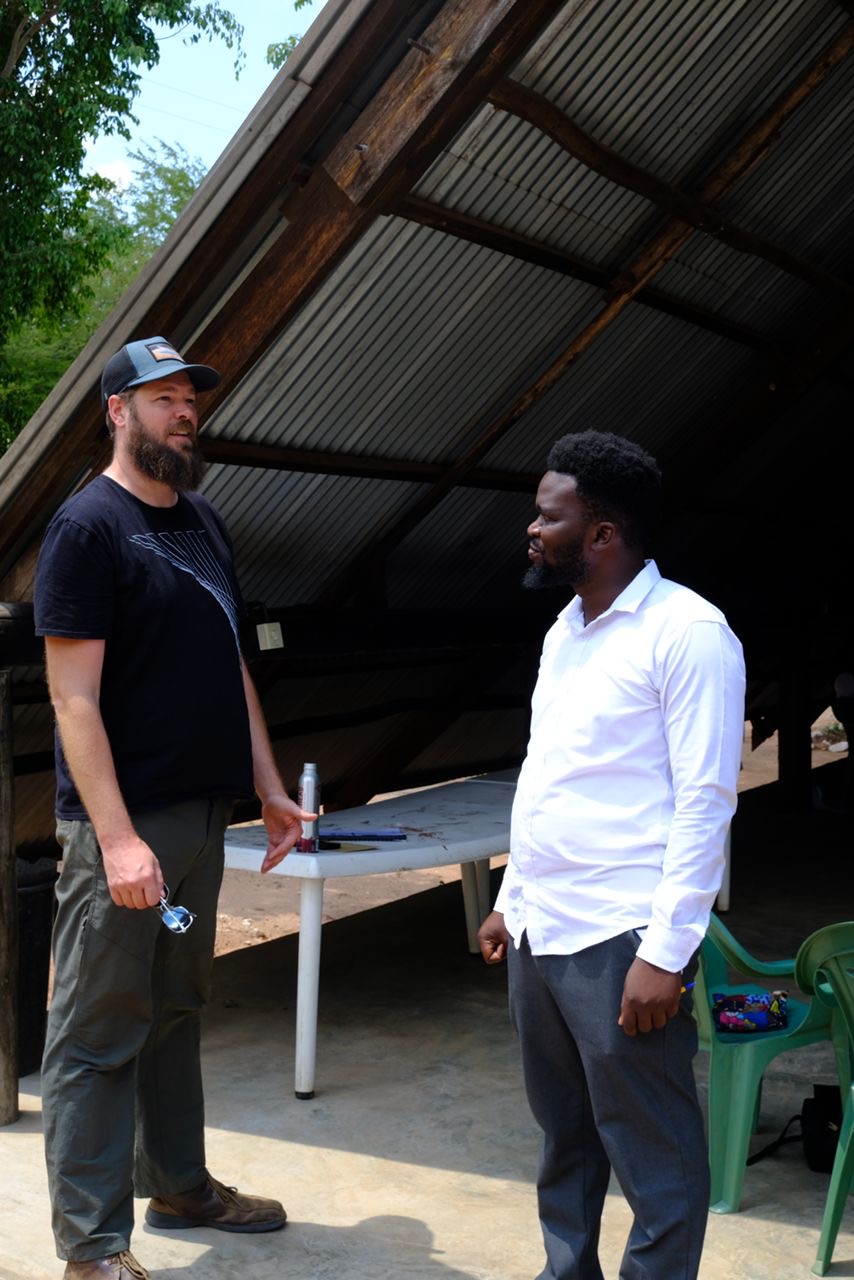

One of the parts of this trip that I did not enjoy was four hours into it when we realized that I didn’t have my passport. In the preparation for the trip, I had gotten all of my things together including making sure I had enough Kwatcha (we were not sure we would be able to convert money for a few days). I had gotten my talk together for the seminar that we were going to stop along the way for me to speak at. What I did not do is put my passport in my bag before we left. This was a major problem because we were planning to go to Botswana for a safari in a few days.
It was an extremely humbling experience, but one that helped me to better appreciate the African pace of life. As Happy told me that it was no problem, and that he didn’t want me to miss out after traveling across the ocean, I believed him (maybe I just wanted to because it made me feel better). Over the whole trip, I noticed that time was measured in relationships rather than ‘fear of missing out.’ Americans tend to say: ‘time is money,’ but in Zambia, time is more relaxed. This can be quite frustrating when trying to get things done (and faced with people who do not ‘value’ your time), but I got to see the benefit of it. Trying to be continually ‘in the moment’ means that you don’t weigh what you are doing against all of the other things you could be doing. The thing in front of you is simply what it is, not one out of many possibilities. I want to live my life with that kind of presence.

